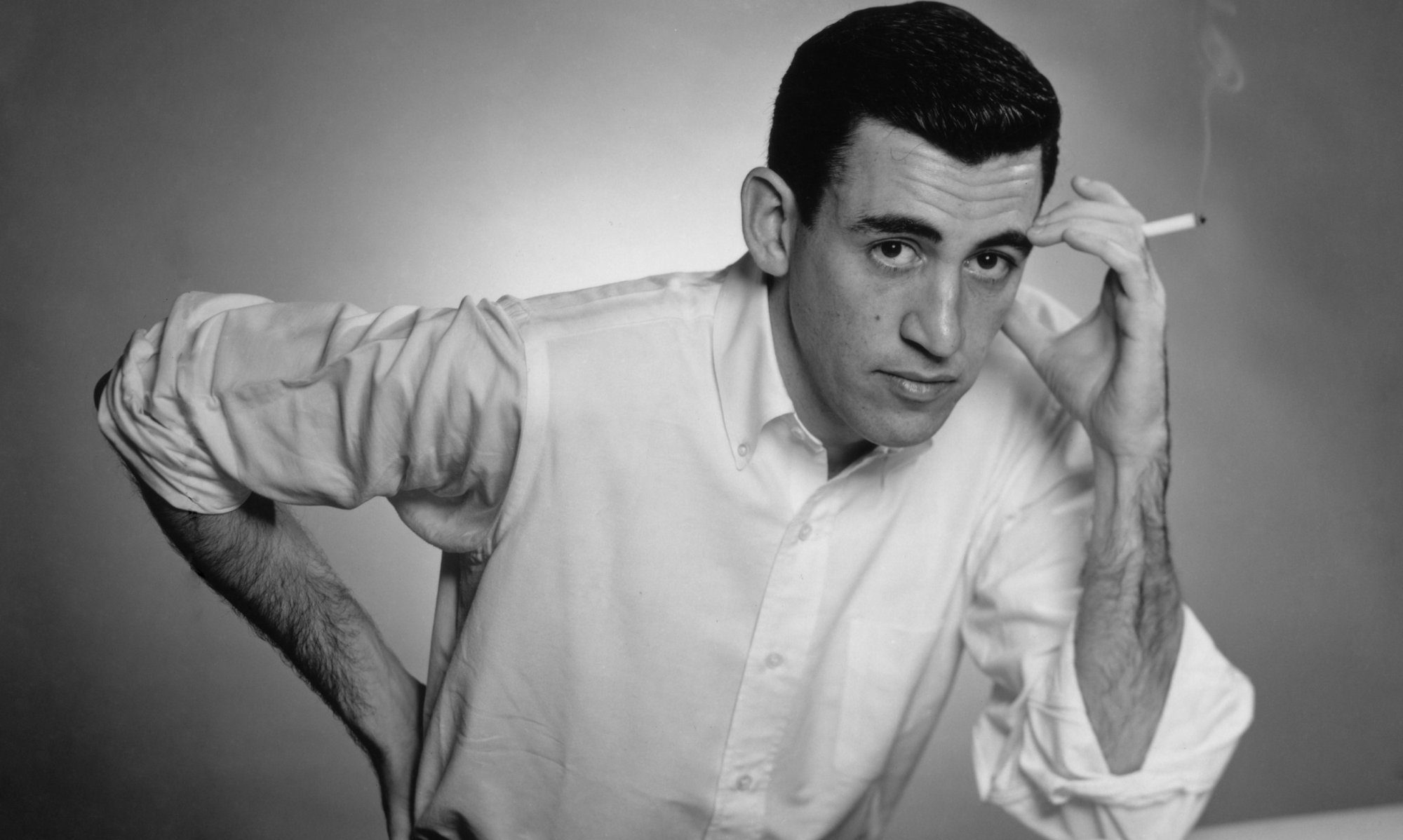MLA Citation:
Greiner, Donald J. “Updike and Salinger: A Literary Incident.” Critique 47.2 (2006): 415-30.Literature Online. Web. 17 October 2009.
First Paragraph:
“In 2003, when John Updike published The Early Stories, 1953–1975, an 839-page collection honored with the 2004 PEN/Faulkner Award for Fiction, he included a foreword in which he recalled the development of the first two decades of his enduring and esteemed career. The germ of the career took its initial significant shape at Harvard, where Updike was an undergraduate from 1950 to 1954, and where, in 1953, he submitted to Albert Guerard’s creative writing class a story titled “Ace in the Hole.” On the advice of Professor Guerard, he sent the story to the New Yorker, which rejected it. As Updike explains in the foreword, “The next year, though, after ‘Friends from Philadelphia’ and some poems had been accepted by the magazine in my first post-collegiate summer, I resubmitted the story and it was accepted” (ix). Thus, although “Friends from Philadelphia” is Updike’s first professional story, as it was published in the New Yorker for 30 October 1954, “Ace in the Hole” was written earlier and is his initial important contact with the magazine that would feature his work for the next half century.” (115)
Summary:
Greiner’s article analyzes the early effect that Salinger’s fiction had on John Updike. Updike sincerely seemed to admire Salinger’s earlier pieces, including, notably, “Just Before the War with the Eskimos.” Updike’s view on Salinger’s later fiction, was of course, much less positive. Greiner also suggests that since Hemingway and Faulkner’s careers were near close, the literary reputation of America was of concern to a Cold War Era literate populace. Greiner indicates that Salinger had the ubiquitous distinction of being the preeminent literary figure poised to fill the void left by these Modernist literary giants. Greiner suggests that 1948 was a banner year for Salinger, but that, by the 1960’s his decreased publications and his own devaluation of his early work (by not choosing these works to be collected) led Updike to take his place as the favored writer of The New Yorker.
